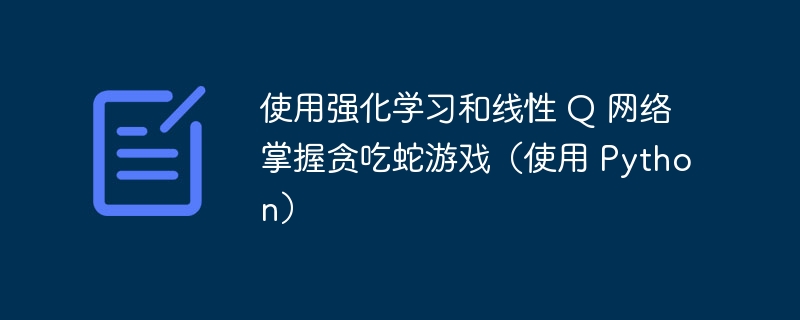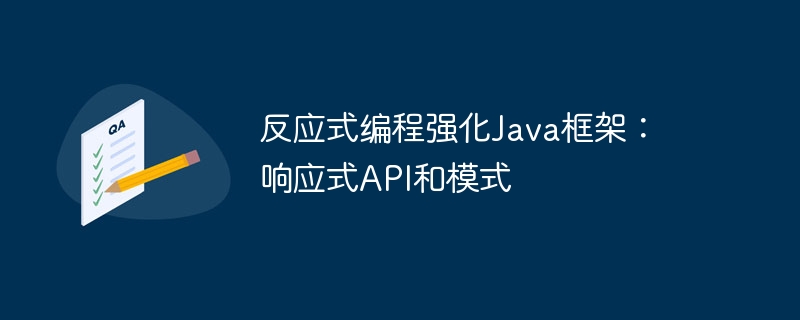优化 java 函数以提高执行效率:1. 缓存结果可减少昂贵操作的重复计算。2. 避免不必要的对象创建,重用现有对象或使用对象池。3. 选择合适的集合和数据结构,例如使用 map 进行快速查找。4. 并行处理可拆分为独立任务的函数,提高执行效率。5. 编写简洁的代码,提高可读性和性能。

强化 Java 函数以提高其执行效率
优化 Java 函数可以显著提升应用程序的性能。以下是一些经过实战验证的策略,可以帮助您增强代码并加速执行:
1. 缓存结果
立即学习“Java免费学习笔记(深入)”;
对于昂贵且执行时间长的操作,请考虑缓存结果。这可以防止对相同输入进行重复计算,从而减少执行时间。
// 缓存素数的列表
private static List<Integer> primes = new ArrayList<>();
public static boolean isPrime(int n) {
if (primes.contains(n)) {
return true;
} else {
// 添加到缓存中并检查素数
boolean isPrime = isPrimeWithoutCache(n);
if (isPrime) {
primes.add(n);
}
return isPrime;
}
}2. 避免不必要的对象创建
在循环或方法调用中频繁地创建新对象会降低性能。尽可能重用现有对象或使用对象池。
// 重用 StringBuilder 避免字符串拼接
StringBuilder sb = new StringBuilder();
for (String s : words) {
sb.append(s);
sb.append(" ");
}3. 优化数据结构
选择合适的集合和数据结构对于性能至关重要。例如,Map 可以用于快速查找,而数组可以用于高效的遍历。
// 使用 HashMap 进行快速查找
Map<String, Integer> wordCount = new HashMap<>();
for (String word : words) {
Integer count = wordCount.get(word);
if (count == null) {
count = 0;
}
wordCount.put(word, ++count);
}4. 使用并行处理
如果您的函数可以拆分为较小的独立任务,则可以通过并行处理来提高执行效率。
// 并行计算素数
int[] numbers = {1, 2, 3, 4, 5, 6, 7, 8};
int numThreads = Runtime.getRuntime().availableProcessors();
ExecutorService executor = Executors.newFixedThreadPool(numThreads);
List<Callable<List<Integer>>> tasks = new ArrayList<>();
for (int start = 0; start < numbers.length; start += numThreads) {
int end = Math.min(start + numThreads - 1, numbers.length - 1);
tasks.add(() -> getPrimes(numbers, start, end));
}
List<Future<List<Integer>>> futures = executor.invokeAll(tasks);
List<Integer> allPrimes = new ArrayList<>();
for (Future<List<Integer>> future : futures) {
allPrimes.addAll(future.get());
}5. 编写更简洁的代码
冗长的、有条件的代码可能很难阅读和维护。通过重构并简化代码,可以提高可读性和性能。
// 原始:
if (x != null && y != null) {
return x + y;
} else {
return 0;
}
// 简化后:
return (x != null && y != null) ? x + y : 0;通过应用这些策略,您可以显著提高 Java 函数的执行效率,从而改善应用程序的整体性能。
以上就是强化 Java 函数以提高其执行效率的详细内容,更多请关注php中文网其它相关文章!
版权声明:本文内容由网友自发贡献,版权归原作者所有,本站不承担相应法律责任。如您发现有涉嫌抄袭侵权的内容,请联系 yyfuon@163.com


